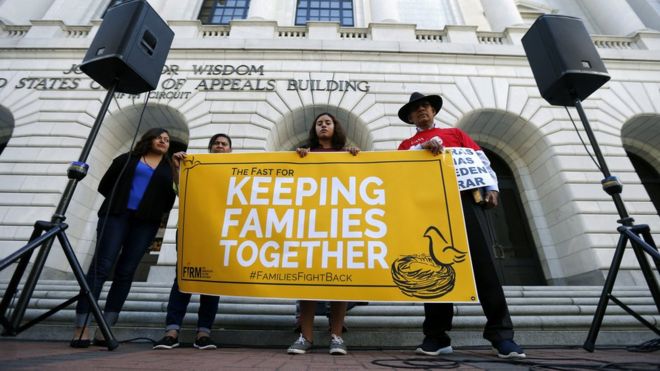By Samuel Miller
Impunity Watch Reporter, North America and Oceania
OTTAWA, Canada — On Tuesday, Prime Minister Justin Trudeau laid out his plan to reset Canada’s relationship with its indigenous people during his address to a group of First Nations leaders. In an appeal to First Nations chiefs, Trudeau has promised an inquiry into missing and murdered indigenous women.

The public inquiry will be “top priority” of the Liberal government, the newly elected leader said.
In a statement given this morning, Prime Minister Trudeau said, “It is time for a renewed, nation-to-nation relationship with First Nations peoples, one that understands that the constitutionally guaranteed rights of First Nations in Canada are not an inconvenience but rather a sacred obligation.”
“History has shown that that taking an adversarial approach is not only ineffective, but it can be profoundly damaging. Nowhere is this more obvious than in the government’s relationship with First Nations.”
Trudeau’s speech, delivered to a special assembly of chiefs from the Assembly of First Nations, is part of a broader promise to reset the fractured relationship between Ottawa and Canada’s Aboriginal Peoples. “What’s needed is nothing less than a total renewal of the relationship between Canada and First Nations peoples,” he said.
Also announced Tuesday, the Liberal government has launched the consultation phase of its national inquiry into Canada’s missing and murdered indigenous women. The party is pledging to meet with victims’ families across the country to ensure the probe is relevant to those who have been affected most by the tragedies.
Calls for an inquiry have grown since a review found 1,181 indigenous women had been murdered or gone missing since 1980.
“We have made this inquiry a priority for our government because those touched by this national tragedy have waited long enough. The victims deserve justice; their families deserve an opportunity to heal and to be heard.”
Trudeau said another government priority will be to make “significant investments” in First Nations education. First Nations have long complained that their school system is under-funded when compared to other public school systems.
The Canadian government forced more than 150,000 First Nation children to attend these state-funded church schools from the 19th Century until the mid-1990s. The schools sought to integrate the children into mainstream Canadian society, but in doing so rid them of their native culture.
Quebec Grand Chief Matthew Coon Come is hopeful about the new government’s approach.
“The previous government certainly showed no respect, limited consultations, continued to push policies without the consent and involvement of the First Nations of this country. Here, we now have a new prime minister who is stepping forward, actually coming to our assembly. I think that in itself is a great message.”
For more information, please see:
BBC News — Justin Trudeau makes appeal to First Nations chiefs – 8 December 2015
CBC News — Trudeau lays out plan for new relationship with indigenous people – 8 December 2015
The Star — Trudeau commits to ‘nation-to-nation relationship’ with First Nations – 8 December 2015


